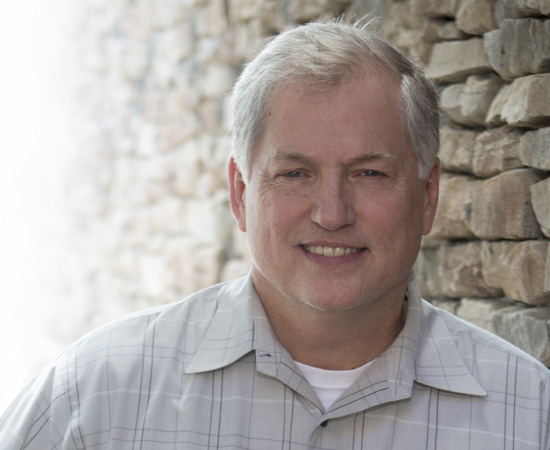Many churchgoers use the terms “worship” and “music” interchangeably but music is only one component of worship, according to Mike Harland, director of LifeWay Worship and keynote speaker at the OneDay for Worship Leaders conference held Aug. 29 at Hunter Street Baptist Church, Birmingham.
“Worship incorporates how we approach and honor God, and music is a major part but only one part of this process,” Harland said.
Instead of debating music styles, Harland, author of the book “Worship Essentials,” believes churches should focus on four values of worship:
Tell the story
“Music moves us and is buried in our souls,” he said. “Used appropriately, music can be a wonderful vehicle for telling and learning the story of Jesus. However, church leaders must make sure the music we use is theologically sound.”
Harland said church leaders are talking more today about “generational segregation,” or the practice of having separate worship services for various age groups. However, he believes there is value in mutigenerational services.
“I saw a senior adult weep while singing, ‘Great Is Thy Faithfulness,’ since his wife had recently died,” he said. “Younger church members need to see this and know God is faithful from generation to generation. I understand why we age-grade in Sunday School, but there is value in a senior telling a younger person how he faced similar situations when younger and how God helped him. We must find ways to incorporate all the people of God in worship.”
Make true disciples
“The church is called to make disciples and worship is a significant way we do this,” he said. “Congregational singing is biblical and one way we grow in our faith.”
Participation is a better model than performance, he said.
“When we say, in effect, ‘enjoy and be blessed’ to worship participants, we fall short of the mandate for all God’s people to make a joyful noise to him,” Harland said. “Artists sing for the sheep; shepherds teach the sheep to sing.”
Engage the body
“The purpose of worship is to engage God’s people, and I think we make a major mistake when we think one kind of music is what we should do to reach the unreached,” he said. “This is a simplistic way to evangelize, but I’m afraid some have believed it. What attracts the unsaved is a congregation who believes, loves and practices their faith with sincerity and conviction.”
Harland said there are several reasons for the dearth of congregational singing in some churches.
“Worshipers may not know the songs that are chosen, and some worship music is not translatable to congregational singing,” he said. “And for many years we’ve projected lyrics not music, so those who know music often can’t help us sing newer songs.”
Harland said another error some churches make is mixing the sound so the congregation hears only what is sung from the platform, not themselves singing.
“The easiest way to address this immediately would be these simple adjustments: turn the lights up and the volume down and pick songs and hymns that are familiar to the church,” he said. “Use new songs with intentionality. Make every choice about engagement — the key, the style and the type of accompaniment.”
Aspire with purpose
“Worship leaders must remain ‘close and clean’ before the Lord,” he said. “And we have to maintain the finest relationships with our people. We can’t be like the guy who sings the National Anthem and then leaves the stadium. We must remain on the field with our folks, loving them and doing ministry with them.”
Harland’s “WorshipLife” podcasts are available at worshiplife.com and at Apple Podcasts.






Share with others: